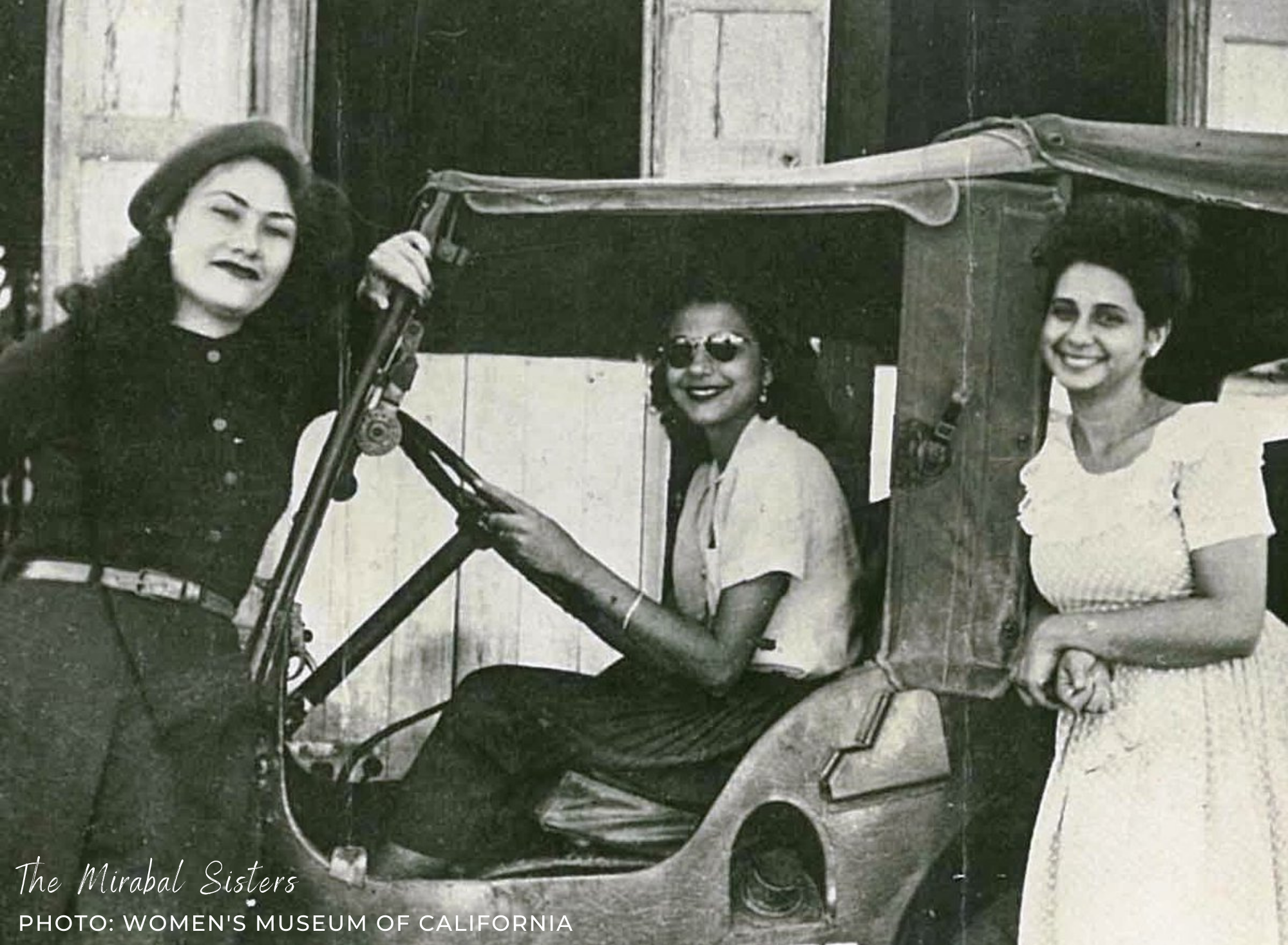My blog this week is inspired by a number of things that have occurred over the course of this past week that have reminded me of our important work as educators.
When many think about education, discussions flow about the complexities inherent in planning for the unknown. How can we be sure that we are providing our girls with the knowledge, skills, and resources such that they are prepared for their post-secondary choices and, indeed, life beyond? What is the purpose of education?
As I prepared for our first assembly of 2020, I reflected on our global climate: political strife, economic uncertainty, and our current dire climate issues. Unlike when I was their age, our girls and young women now have access to vast amounts of information all the time; these large and sometimes all-consuming issues can create a sense of helplessness. As I said to the girls, I find myself considering how so many of the broader issues in our world might be averted with initial small, purposeful choices and actions.
Small purposeful choices and actions come as a result of an understanding of values and, perhaps most importantly, being humane.
On Friday and Saturday of this past week, I attended a Round Square Heads’ Symposium. Approximately 150 Heads of Schools from around the world gathered to reflect on leadership, well-being and character education. On Saturday, Dr. Geoff Hayward, Education Professor from Cambridge University spoke to us about education and suggested that it served the following purposes:
- Provide the knowledge and skills needed to pursue competently the multiple vocations of life: work, parent, citizen
- Provide an education that will enable young people to adapt as the economic base of society changes
- Develop the capability to live intelligently and pursue a life worth living, as a citizen participating in a society not just as a worker and;
- Enable us to become more human.
During his presentation, Dr. Hayward highlighted the imperative of ensuring that in all that we do to educate our students, our ultimate goal must be to ensure that we are modelling and teaching our students to be humane. Hayward shared German-American Philosopher, political theorist and author Hannah Arendt’s powerful words: “The manifestation of…thought is not knowledge, but the ability to tell right from wrong, beautiful from ugly. And I hope that thinking gives people the strengths to prevent catastrophes in these rare moments when the chips are down.”
While planning for an unknown future can be complex, we must not lose sight of the power that humaneness can provide. We must ensure that this is front of mind as we educate our girls such that they do, indeed, know the difference from right and wrong and are able to make the positive, powerful, and humane choices when the chips are down.

